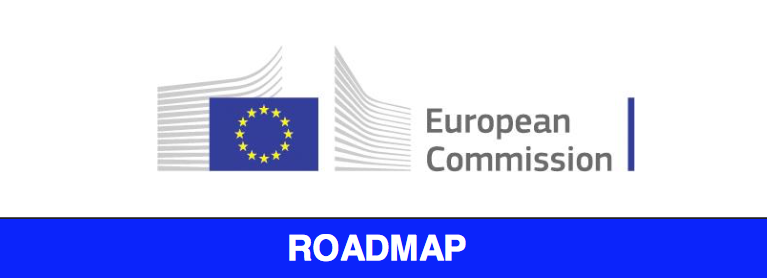POLICY NEWS

European Commission Strategy on plastics in circular economy
On January 26, 2017 the European Commission (EC) published the roadmap “Strategy on plastics in a circular economy.” Plastics is one of the five priority areas addressed in the EU Circular Economy Package which was adopted end of 2015.
The European Commission is seeking to improve the economics, quality and uptake of plastic recycling and reuse through its planned strategy for plastics in a circular economy. The roadmap identifies three main problems with plastics that need to be addressed, and proposes several solutions for each:
- High dependence on virgin fossil feedstock: more than 90% of plastics today are produced from fossil fuel feedstock and plastics production gives rise to approximately 400 million tonnes of GHG emissions per year (2012) globally.
- Low rate of recycling and reuse of plastics: the EU generated about 25 million tonnes of post-consumer plastic waste of which only 30% was recycled, while landfilling (31%) and incineration (39%) rates are very high. Moreover, the EU exports almost half of the plastics collected for recycling.
- A large proportion of plastics end up as waste in the environment: the EC aims to reduce marine litter; develop a “clear sustainability framework for biodegradable plastics;” invest in educational programs.
More information:
download the roadmap
--
European Parliament voted on plans to boost recycling rates
On March 14, the European Parliament voted on four directives concerning waste management, mainly waste from households and small firms, representing 8% of total waste. These plans are a first step towards creating a circular economy where products are designed in order to facilitate reuse. One of the key issues is how ambitious targets should be for recycling rates and limiting landfilling, which is probably the most harmful way of getting rid of waste.
The European Parliament opted to follow the ambitious lead set by Environment committee’s vote on the Circular Economy package in January this year. From the paper industry point of view, the most important outcome from this vote is that MEPs moved in favour of one single calculation method that enshrines real and comparable recycling rates both in and for Europe.
More information:
Waste: boost recycling, cut landfilling and curb food waste, Parliament says

NEW ITALIAN REGULATION ON END OF WASTE CRITERIA
Since March 2, 2017 a new regulation on end of waste has entered into force in Italy. The decree, published by the Italian Environment Ministry, establishes criteria to facilitate the demonstration of the existence of the requirements for the qualification of production residues as by-products and not as waste.
The new regulation puts on the producers of industrial residues the responsibility to demonstrate that the residue satisfies all requirements to be considered as by-products, but defines procedures to facilitate and foster its recovery and recycling.
More information

The European Commission published the first ever comprehensive overview of how EU environmental policies and laws are applied on the ground. It shows that environmental policies work but that there are big gaps in how these rules and policies are put into practice across Europe. The most pressing implementation gaps across EU Member States are found in the policy fields of waste management, nature and biodiversity, air quality, noise and water quality and management.
Country Report of Italy
download the document in English
download the document in Italian
|